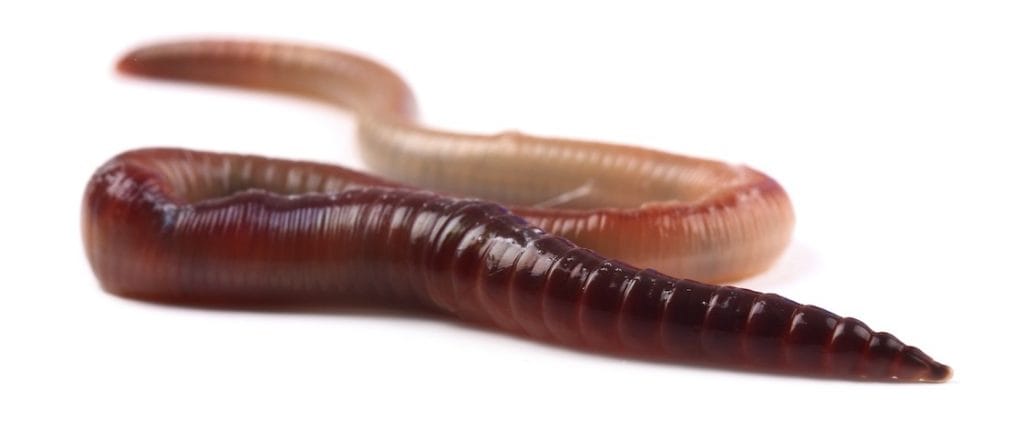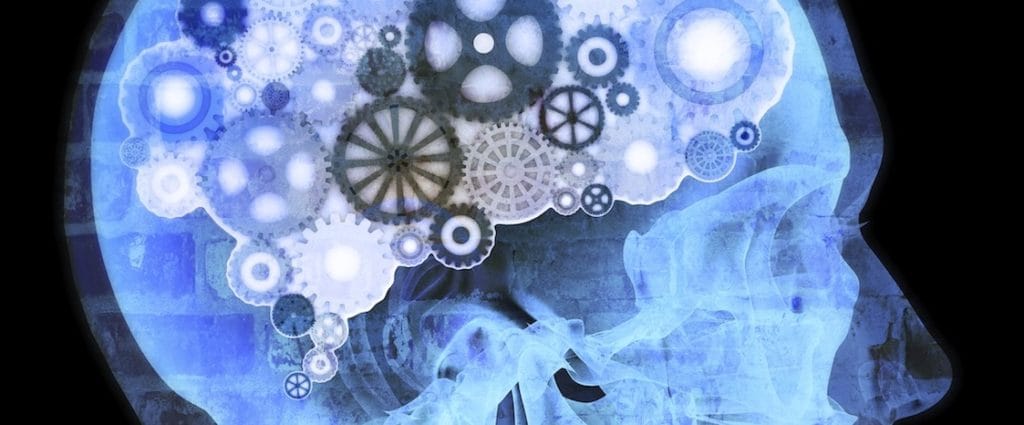Neurobiological Basis for Sexual Addiction and Compulsivity Finally Gets Validation, Says Renowned Addiction Expert
Robert Weiss, LCSW, CSAT-S, international addiction expert, speaker, author, clinician and founder of the Sexual Recovery Institute, embraces a new brain study by the University of Cambridge that provides powerful evidence that sex addiction is a legitimate neurobiological and emotional disorder.










